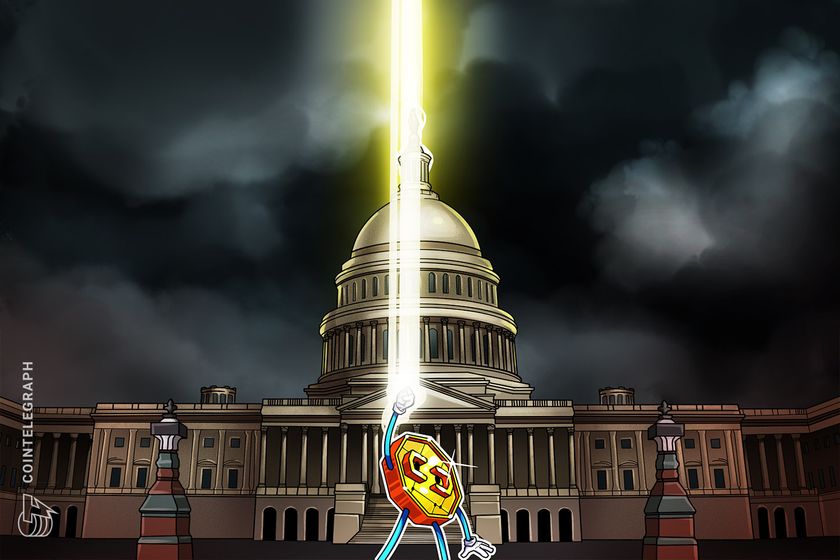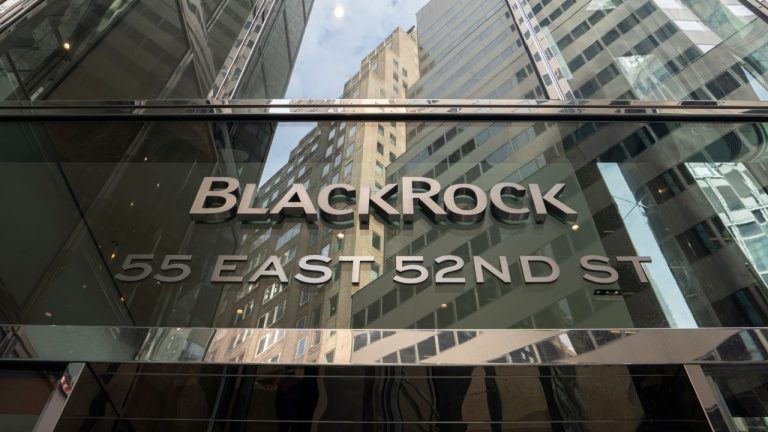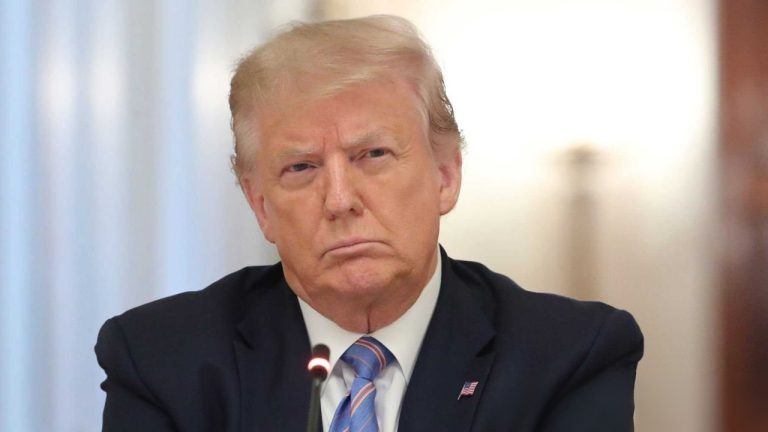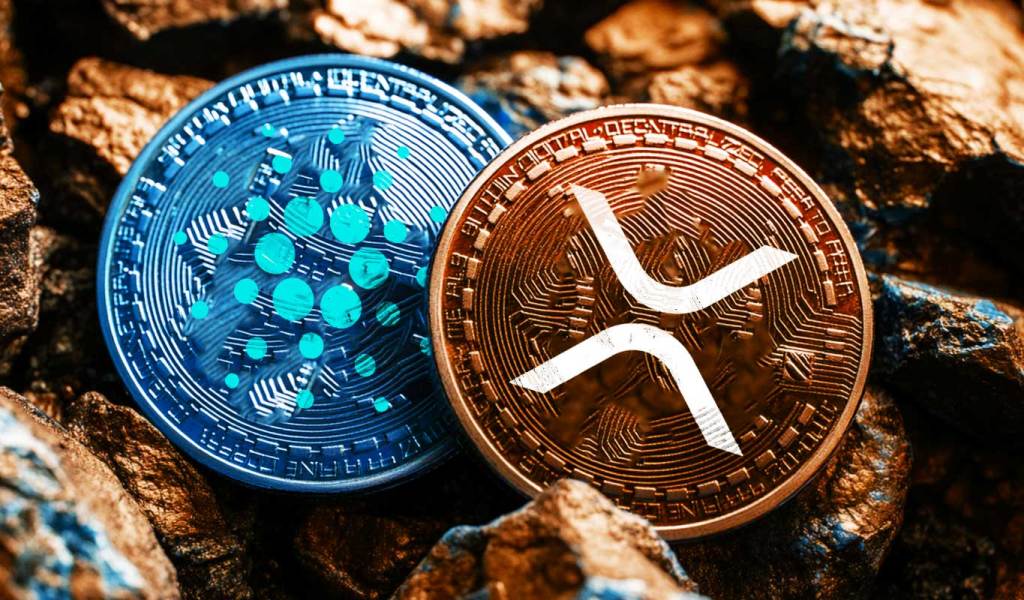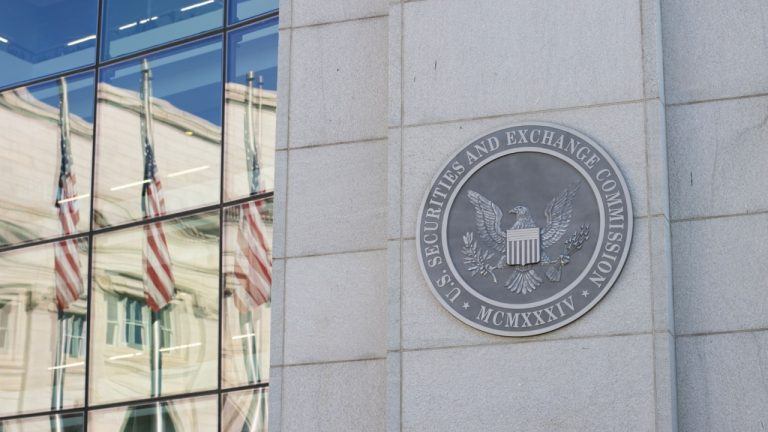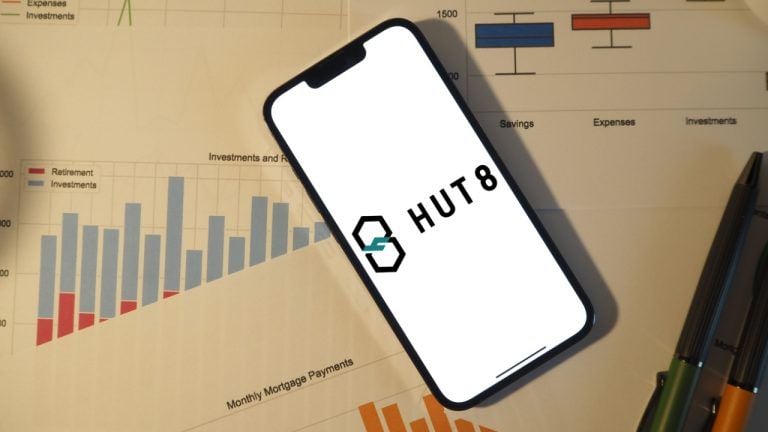
CoinList ‘Rally’: 40K investors rush to buy RLY despite price pump

Rally has generated $22 million in sales from its liquid token sale on April 4, which attracted 40,000 investors.
Social token platform Rally has completed its first “liquid token sale” on crypto asset issuance platform CoinList, with 40,000 investors snapping up RLY tokens for $0.60 each between April 1 and April 4.
The sale saw tokens distributed to investors at a set price despite RLY trading on exchanges since October, 2020. Token pricing was determined by a 20-day trailing average from March 11, 2021 to March 30, 2021 minus a 30% markdown to compensate for the RLY being locked up for 12-month a linear release.
However, investors had the opportunity to purchase RLY for less than half the price offered by CoinList on the open markets just five weeks ago.
The sale was approved through community governance in mid-March, with the 40 million RLY sodl having previously been allocated to Rally’s Community Treasury. The ballot saw 100% of the 7,400 participating token holders vote in favor of the sale. Nearly 30% of RLY are now held by Rally’s team and investors.
News of the sale appeared to drive bullish momentum for RLY, which has gained nearly 250% since trading for less than $0.29 on March 12. RLY consistently traded between $0.25 and $0.35 from mid-January until mid-May. As of this writing, RLY last changed hands for $1.

Half of the tokens will become tradable on Oct. 4, after which the remaining RLY will unlock gradually on a monthly basis. In a blog post on April 12, Coinlist revealed the offering generated $22 million. Investments were limited to $1,000 per person, with nearly two-thirds of the offering’s 115,000 registrants missing out on participating.
Rally is a blockchain-based social network that allows content creators to launch social tokens.
The social token sector — non-fungible tokens issued by content creators, brands, and communities — has been on the rise in 2021, with RLY and WHALE representing 83% of the social token market cap pack with $240 million combined.
Go to Source
Author: Brian Quarmby


